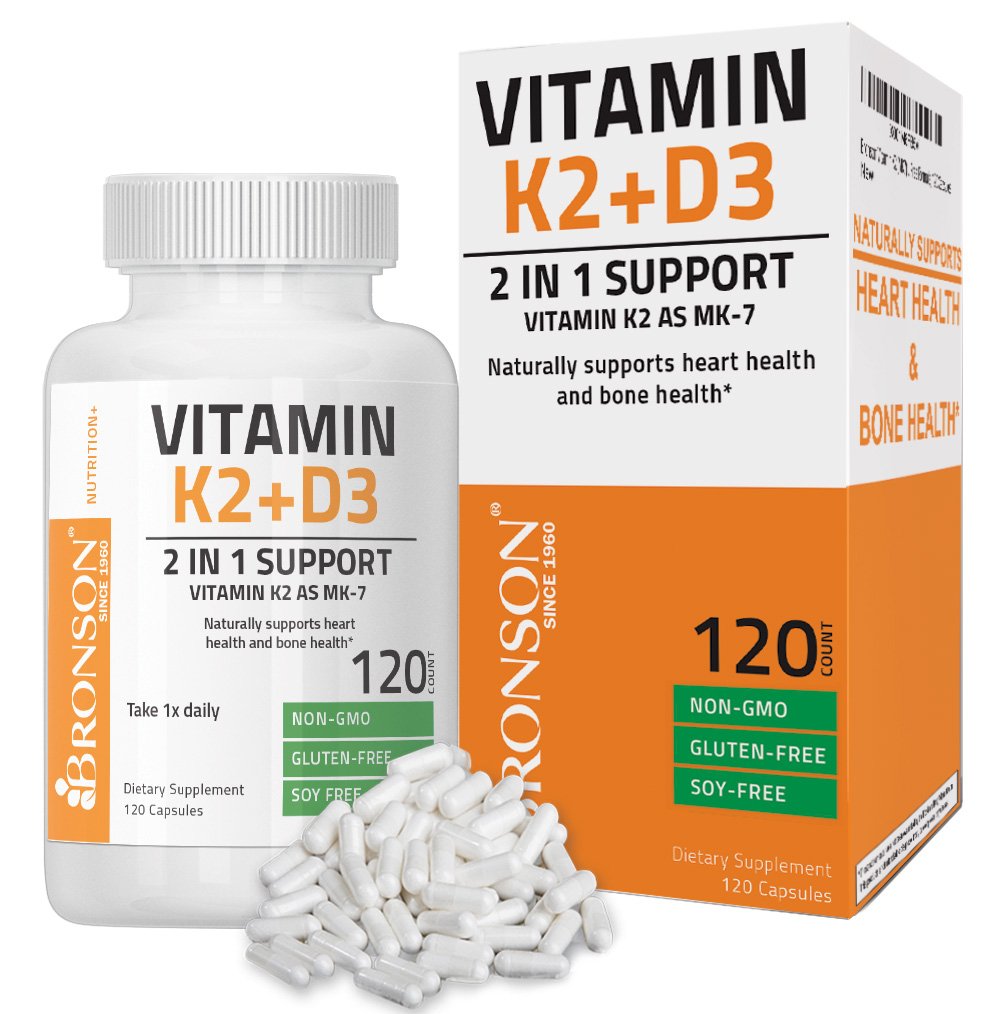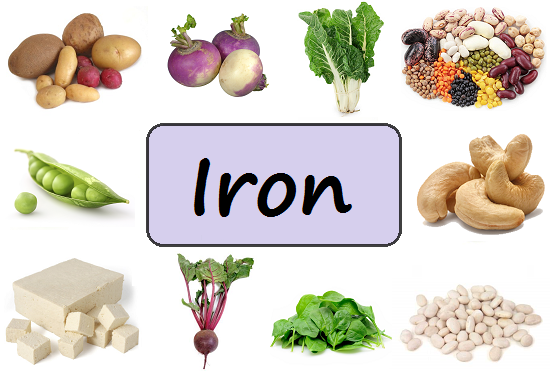Introduction
Vitamin K2, a lesser-known form of vitamin K, has gained significant attention in recent years due to its potential health benefits. While most people are familiar with vitamin K1 and its role in blood clotting, vitamin K2 serves a different function in the body. In this comprehensive guide, we will delve into the various benefits of vitamin K2, exploring its impact on bone health, cardiovascular health, dental health, and more. Let’s discover why incorporating vitamin K2 into your diet may be a wise choice for overall well-being.
Promotes Bone Health
Vitamin K2 plays a vital role in the metabolism of calcium, ensuring it is properly utilized in the body. This vitamin activates specific proteins that help transport calcium into the bones and teeth while preventing its accumulation in soft tissues. By doing so, it contributes to optimal bone mineralization, reducing the risk of osteoporosis and fractures. Studies have shown that individuals with higher vitamin K2 intake have improved bone density and a lower incidence of bone-related issues.
Cardiovascular Health
Vitamin K2 has been associated with numerous cardiovascular benefits. It helps prevent the calcification of arteries, which is a common risk factor for heart disease. By activating a protein called matrix Gla protein (MGP), vitamin K2 aids in inhibiting the formation of calcium deposits in arterial walls, maintaining their elasticity, and reducing the risk of arterial stiffness and plaque formation. Some studies have even suggested that higher vitamin K2 intake is associated with a lower risk of cardiovascular disease and mortality.
Dental Health
Maintaining oral health goes beyond brushing and flossing. Vitamin K2 plays a crucial role in dental health by ensuring proper mineralization of teeth. It helps stimulate the production of osteocalcin, a protein necessary for the formation of dentin, the hard substance beneath the enamel. Vitamin K2’s role in preventing calcium from being deposited in arteries also benefits oral health, as it reduces the likelihood of developing periodontal diseases.
Supports Brain Health
Emerging research indicates a potential connection between vitamin K2 and brain health. The brain requires adequate levels of vitamin K2 for optimal functioning and protection against oxidative stress. Some studies have suggested that vitamin K2 may help reduce the risk of neurodegenerative disorders, such as Alzheimer’s disease. While further research is needed, these initial findings highlight the importance of maintaining sufficient vitamin K2 levels for overall brain health.
Anti-inflammatory Effects
Chronic inflammation is a significant contributor to various health issues, including cardiovascular disease, diabetes, and cancer. Vitamin K2 exhibits anti-inflammatory properties by inhibiting the production of pro-inflammatory molecules in the body. By reducing systemic inflammation, vitamin K2 may help mitigate the risk of chronic diseases and promote overall well-being.
Potential Cancer Protective Effects
Preliminary research suggests that vitamin K2 may possess cancer-protective properties. It has been found to inhibit the growth and proliferation of cancer cells in certain types of cancers, including liver, lung, and prostate cancer. However, more extensive studies are necessary to fully understand the mechanisms and potential applications of vitamin K2 in cancer prevention and treatment.
Other Potential Benefits
Vitamin K2’s benefits are not limited to the areas mentioned above. It has also been associated with improved insulin sensitivity, which may be beneficial for individuals with diabetes or metabolic syndrome. Additionally, vitamin K2 has been linked to a reduced risk of kidney stones, potentially due to its role in calcium metabolism.
Conclusion
Vitamin K2, often overlooked compared to other essential nutrients, plays a crucial role in various aspects of health. From promoting bone and dental health to supporting cardiovascular and brain health, its benefits are extensive and diverse. Incorporating vitamin K2-rich foods such as natto, fermented cheeses, and egg yolks into your diet or considering supplementation can be a wise step toward enhancing your overall well-being. However, as with any dietary change or supplementation, it is advisable to consult with a healthcare professional to ensure it aligns with your specific health needs.
- Benefits of Lion’s Mane Functional Mushrooms: A Comprehensive Guide - November 6, 2023
- Exploring the Benefits of Vitamin K2 - July 13, 2023




